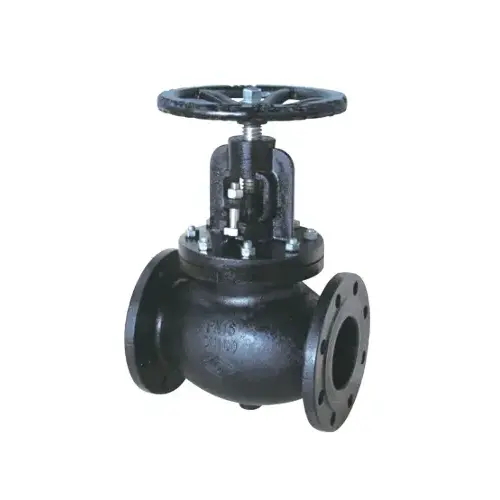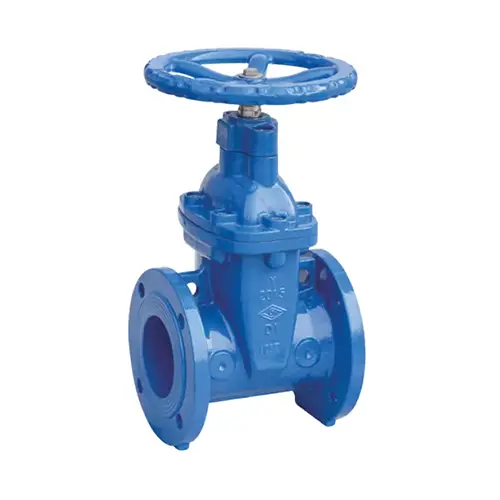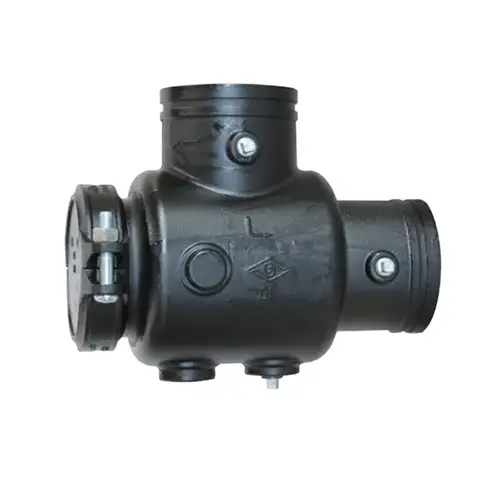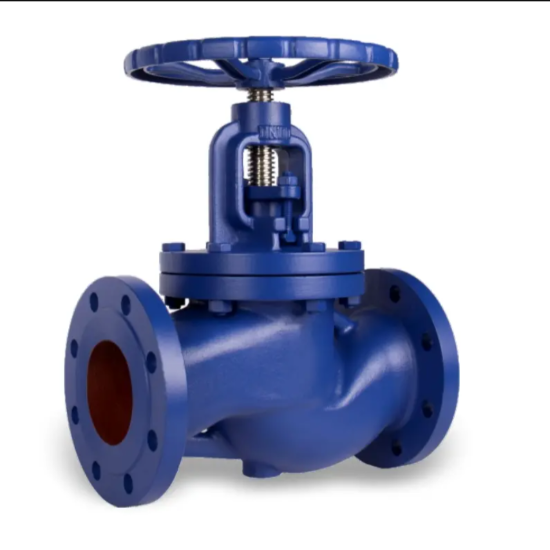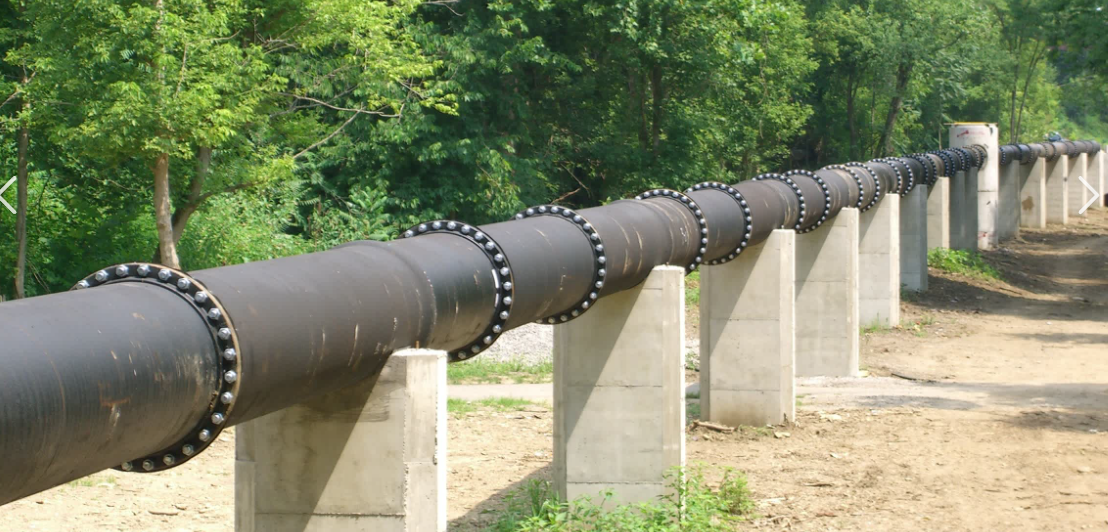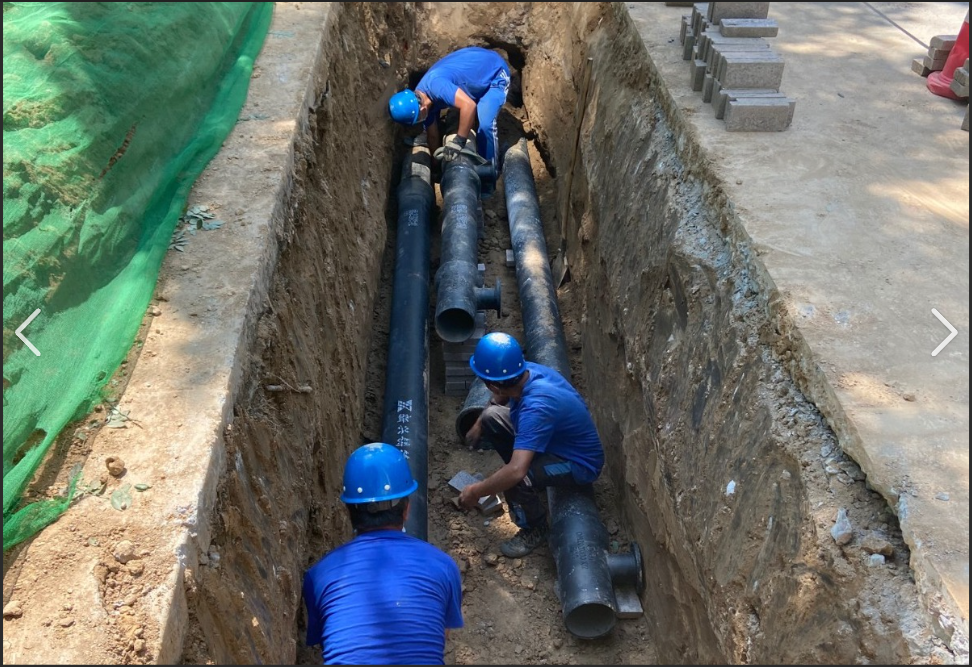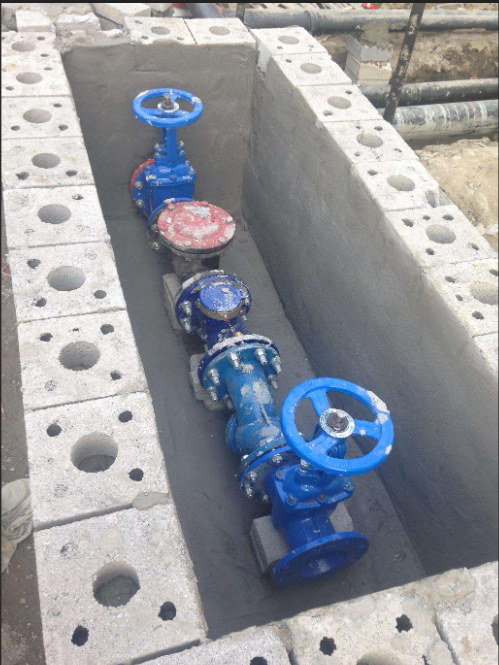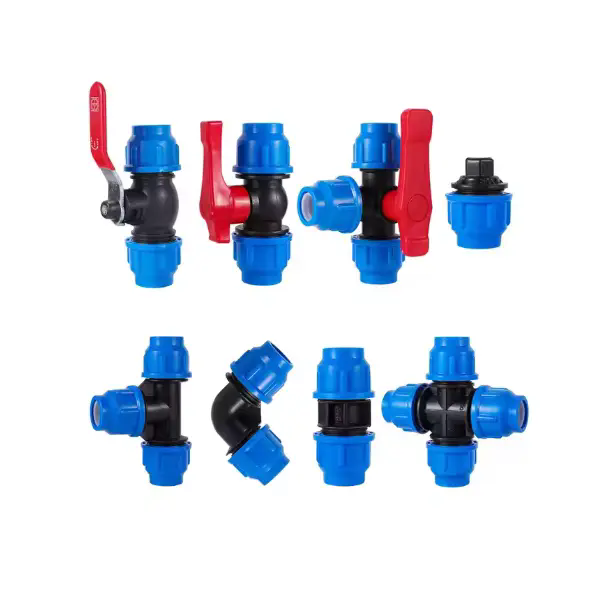Email Us
What is a carbon steel pipe?
Carbon steel pipe is an extensively used industrial piping material. Its core components are iron (Fe) and carbon (C), with carbon content typically ranging between 0.05% and 2.0% – the critical factor determining its mechanical properties. Beyond iron and carbon, carbon steel pipes generally contain only trace amounts of other elements, such as manganese (for deoxidation and strength enhancement), silicon (for improved strength and oxidation resistance), and phosphorus/sulfur (typically controlled as impurities). They do not contain intentionally added high-proportion alloying elements like chromium or nickel that would significantly alter their characteristics. This carbon-dominated chemical composition defines the unique attributes of carbon steel pipe.
The performance of carbon steel pipe is directly and closely tied to its carbon content. As carbon content increases, the steel’s strength, hardness, and wear resistance rise significantly, enabling it to withstand higher pressures and loads – ideal for high-strength applications. However, this strength improvement comes at the cost of reduced ductility, toughness, and weldability; high-carbon steel becomes more brittle and challenging to bend, stamp, or weld. Consequently, practical applications require selecting appropriate carbon steel grades (e.g., common Grade 20 steel or ASTM A106 Gr.B) based on specific service conditions (pressure, temperature, impact loads, welding needs) to achieve the optimal balance among strength, toughness, and workability.
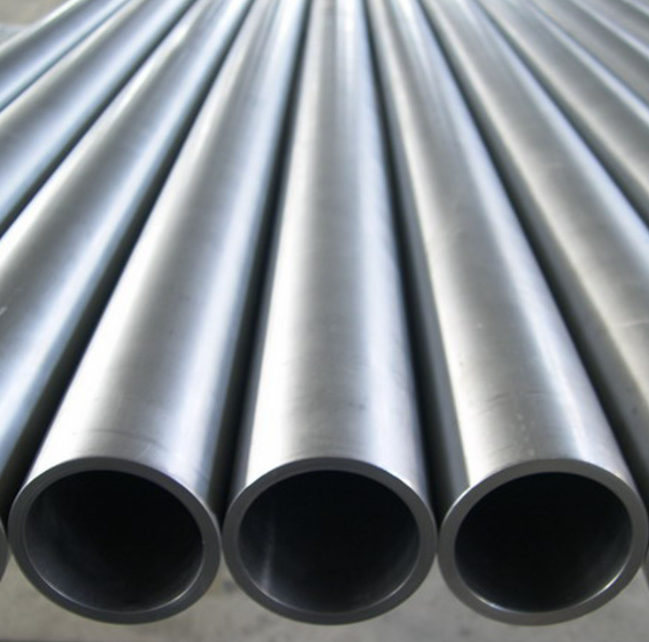
Based on manufacturing processes, carbon steel pipes fall into two main categories: seamless and welded. Seamless steel pipes are formed by heating and piercing solid billets followed by rolling or extrusion, resulting in a pipe body without welded seams throughout production. This method gives seamless pipes significant advantages in wall thickness uniformity, structural integrity, and pressure-bearing capacity, making them especially suitable for critical high-temperature, high-pressure, hazardous, or safety-intensive applications such as high-pressure steam lines in petrochemical plants, boiler tubes, or oil/gas transmission mains. Welded steel pipes, conversely, are made by shaping steel plates or coils (via methods like roll bending) into tubular forms, then welding the seams using various techniques (e.g., ERW, SAW, HFW). Welded pipe production is relatively efficient and cost-effective, serving applications without extreme pressure demands, such as low-pressure fluid transport (water/gas), structural supports, and scaffolding frameworks.
Despite carbon steel pipes being the preferred choice in many sectors due to their good strength, excellent workability (easy cutting, bending, joining), and significant cost advantage over stainless or alloy steels – widely used in oil/gas transmission, municipal water supply/drainage, heating networks, construction structures, and machinery – they carry one major limitation: susceptibility to corrosion. When exposed to air (oxygen and moisture), soil, seawater, or certain chemicals, carbon steel pipes inevitably undergo surface oxidation, leading to rusting and wall thinning that may ultimately cause leaks or failure. To overcome this weakness and extend service life, effective protective measures are essential. Common methods include applying protective coatings (e.g., anticorrosion paint, epoxy resin), hot-dip galvanizing (forming a zinc layer), or implementing cathodic protection (sacrificial anodes or impressed current) for buried pipelines to suppress electrochemical corrosion. In highly corrosive environments, carbon steel pipes are generally not optimal; alternatives like stainless steel, alloy steel, or non-metallic pipes should be considered instead.
SHANDONG EPOCH EQUIPMENT CO., LTD. is a large-scale professional manufacturer in Shandong Province of China, adheres to the orientation of science and technology, environmental protection, quality and efficiency. At present, it has grown into a trans-regional and multi-industrial enterprise integrating such wide industries as design, development, production and export. Visit our website at https://www.epochpipeline.com/ to learn more about our products. For inquiries, you can reach us at sdepochwater@hotmail.com.
- Why Choose Between UPVC Pipes and HDPE Pipes?
- Why Is Ductile Iron Pipe Still the Safe Choice for Long-Life Water Networks?
- Which Pipeline Installation Machines and Tools Help Me Deliver Faster, Safer, and More Profitable Projects?
- Key points for quality inspection of ductile iron pipes
- Why do Carbon Steel Pipes keep winning tough industrial projects?
- What are the connection methods for ductile iron pipes?
About Us
Contact Us
No. 112, Jiefang Road, Lixia District, Jinan City, Shandong Province, China
Copyright © 2025 Shandong Epoch Equipment Co., Ltd. All Rights Reserved.


